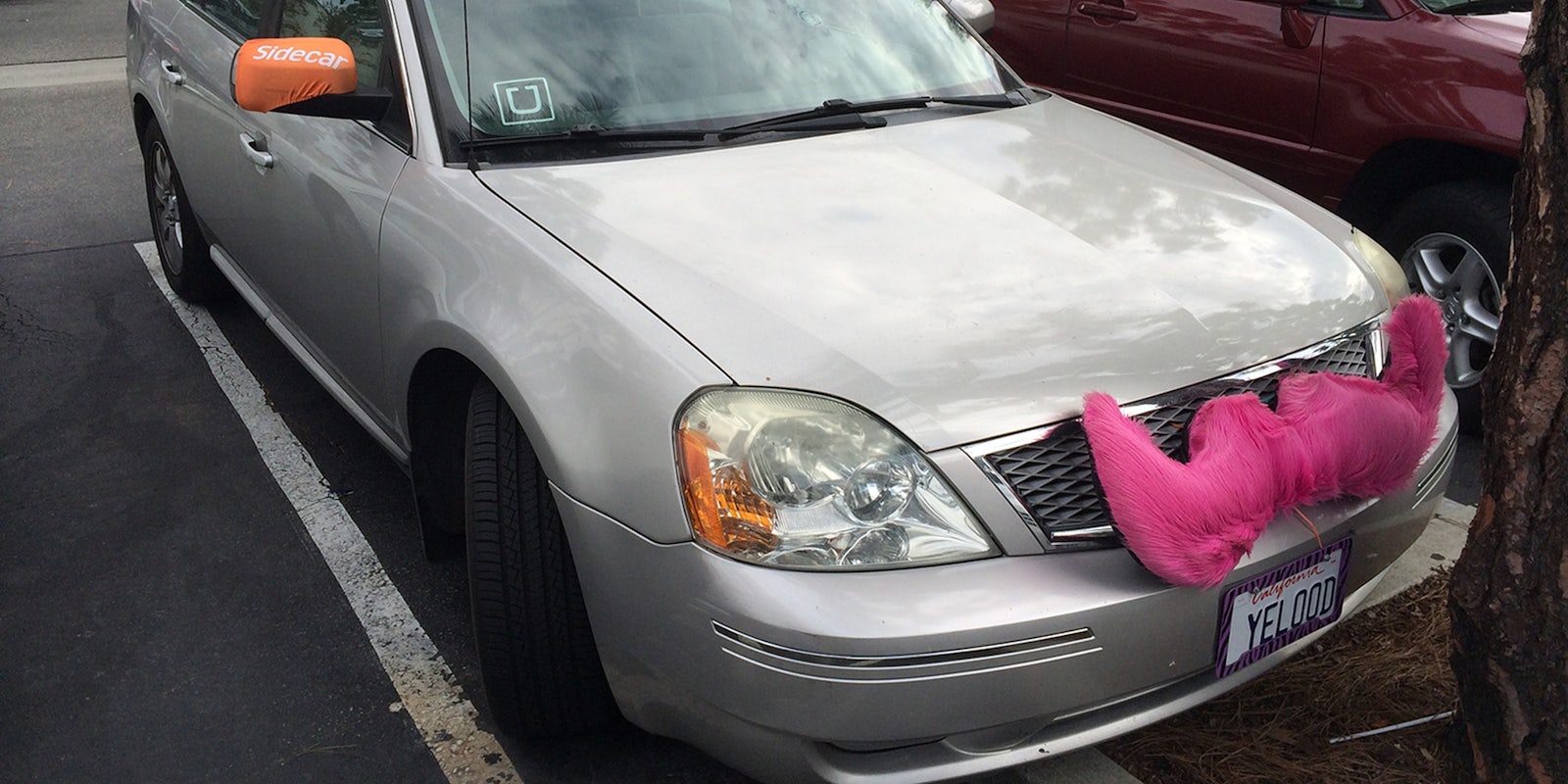The conversation on whether ride-hailing services like Uber and Lyft should require fingerprinting for their drivers continued at a town hall this week in Austin, Texas. Hosted by the Austin Forum on Technology and Society, event organizers hoped to educate the public on the upcoming election that will decide the fate of these safety measures—and set the precedent for cases like this around the country.
“This vote we take on May 7 will be heard a lot further than Travis County,” Ridescout CEO Joseph Kopser said on the panel.
The vote is Proposition 1, a proposal that would uphold the current safety measures for ride-hailing services like Uber and Lyft. Many have called the ballot language confusing.
Voting against Prop 1 will implement required fingerprinting for each driver, a form of identification on the outside of the vehicle showing that they are a ride-hailing service, and a new policy prohibiting their vehicles from letting passengers out in the middle of moving traffic lanes.
Uber has called the proposed regulations “too expensive” and threatens to leave the city if they’re implemented. Kopser said he’s not completely sold on their claims.
“I would like to see free enterprise be given the opportunity to try and innovate, and only bring in additional regulation if it proves to be necessary,” Tanner told the Daily Dot.
“That’s an idle threat. We’ve seen them leave San Antonio for similar issues and come back after six months. Austin is their No. 2 most profitable city,” Kopser told the Daily Dot.
Kopser also said when he registered as a taxi driver for personal research, it cost him $25 to get his fingerprint processed through the Department of Public Safety. He said there’s no real number for how much something like this would cost Uber for each driver, depending on whether they use a third party or not.
Those voting against Prop 1 say that new safety regulations will help level the playing field for competing transportation network services like taxi cabs regulated by the city. Kopser said if Uber and Lyft get their way, it will not address other key issues of transportation in the city of Austin.
“As [Prop 1 has] been designed and architectured it does not level the playing field because the larger issue is: standards, pricing, and availability,” Kopser said.
In addition to Kopser, other panelists included Austin Energy’s Karl Popham, Jen Duthie from the University of Texas’s Center for Transportation Research, and Ben Holland of the Rocky Mountain Institute. The four took questions from the audience regarding the city’s continuous plan to combat traffic, extent of safety that new regulations would ensure, and enforceability of these new regulations.
Dan Vogler, CEO of Texas MicroGRIDS, asked a question while also stating his position against Prop 1. He was quickly interrupted by an audience member who reminded not to urge the audience to vote no for Prop 1. Vogler also had a debate with Prop 1 supporter, Neal Tanner, in the lobby after the forum—an increasingly common scene for an issue that has divided the Austin area’s progressive officials.
“Why would an Uber driver be opposed to a fingerprint background check versus the current level of background check if they didn’t have anything to hide?” Vogler asked.
Vogler thinks more stringent laws would help reduce Austin’s DUI numbers and protect those using Uber. But Tanner said the city of Austin wants to heavily regulate ride-hailing services in order to tax them and generate profit.
“I would like to see free enterprise be given the opportunity to try and innovate, and only bring in additional regulation if it proves to be necessary,” Tanner told the Daily Dot.
Although there have been several dangerous incidents involving ride-hailing services within the last year—in Austin, a Lyft driver was arrested last month under suspicion of drunk driving—Tanner remained skeptical of the proposed regulations.
“Until that need for more regulation has been demonstrated, I’m much more inclined to give the free market to do what it can,” he said.


